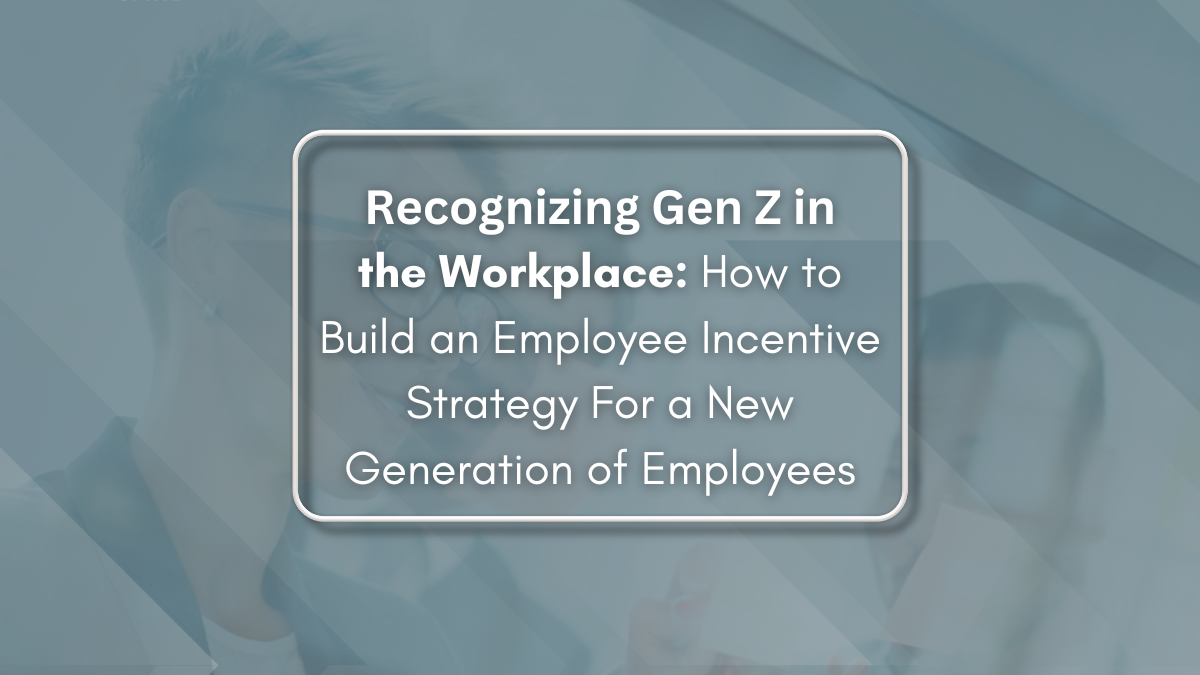How to Build an Employee Incentive Strategy For a New Generation of Employees
Both experienced and rising HR experts know that one of the few constants within the modern workforce is increasing diversity. With four generations showing up and signing on every day to work, it’s clear workforce diversity continues to grow. Many leaders and managers feel that developing an engagement and appreciation strategy for all four generations presents new challenges.
While there are critical differences between the generations, understanding foundational elements of each generation and incorporating engagement themes that connect with all employees can reduce HR challenges and increase organizational productivity. This white paper will highlight key generational differences, six elements to include in any engagement strategy that connect across generations, as well as insights and tools for how to adapt your organization’s engagement strategy for the influx of Gen Z employees.
Attracting Gen Z Talent
As digital natives, Gen Z expects an easy, seamless application process from end to end. They expect to find information about the position and company quickly and easily. With 46% of Gen Z having applied for a job through their mobile device, they have no patience for outdated or unnecessarily complicated recruiting technology. 54% won’t complete an application if they feel the methods are outdated. Furthermore, 81% of Gen Z job seekers expect the hiring process to be completed in two weeks. When interviewing with companies, Gen Z also considers the tech stack and technology they would be utilizing. A recent study by Dell reports that 80% of Gen Z aspire to work with cutting-edge technology, and 91% say technology would influence their job choice among similar employment offers.
An additional element of the employment experience Gen Z expects companies to share similar values regarding diversity, equity, and inclusion (DEI). As the most diverse generation and by living in a more diverse world, Gen Z understands and values the importance of diversity. According to Tallo, 87% believe workplace DEI is important, and 86% of respondents report planning on participating in or contributing to their organization’s DEI committee or strategy.
Please fill out the form to access the content
Resource Sponsored By


